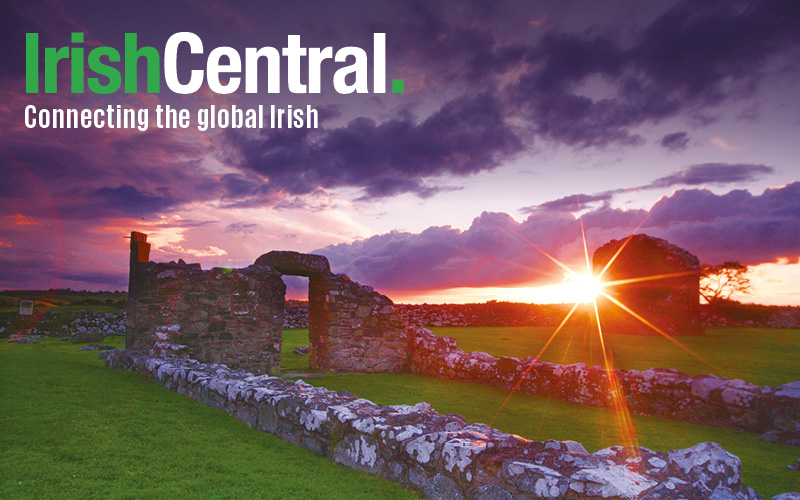A very high turn out of voters in Dublin has led Yes campaigners to believe that the referendum to make same-sex marriage legal has passed.
The turnout in Dublin may touch on 70 per cent in some areas, especially in traditional liberal constituencies and that has led to the confident attitude of the Yes side.
Meanwhile on the No side turnout in rural Ireland was said to lag behind Dublin. Older and more rural voters are thought to be more likely to vote no.
The ballot boxes are opened at 9 AM Irish time and a full result is expected by 5pm Irish time, noon in New York.
However there will be clear indications before that whether the vote has been carried.
If it is, it will mark the first time any country has allowed gay marriage based on a vote of the people rather than by a judicial finding or a legislative vote.
IRISH VOICE EDITORIAL ON NEED TO ALLOW EMIGRANTS TO VOTE
How pathetic is it that tens of thousands of recent Irish emigrants have no possibility of voting in Friday’s same sex marriage referendum?
Scenes at Dublin Airport last night showed huge numbers flying back to vote – yet it should have been as easy as dropping round to an Irish consulate or using a postal vote.
The government has given massive lip service to the notion of voting rights for emigrants, but the practical reality is that Ireland, almost alone in European democracies, gives no voice to their emigrants.
The fatal flaw of the Irish government diaspora strategy becomes apparent on this single point alone. There can be no wholehearted embrace of the diaspora until the rights of recent emigrants and Irish citizens to vote is acknowledged.
Some are so keen to make their opinion count on Friday that they are flying home from abroad to cast their vote, but it is a sad reflection on the country that it had to come to this.
Kevin Sullivan, formerly head of the Washington Ireland program and a senior U.S. government Department of Education official, stated it best in The Irish Times this week. Giving his opinion if the yes side fails, he wrote, “One of the principal reasons for its failure will be because Ireland has not modernized its voting laws. The 228,000 young, well-educated Irish citizens who left Ireland in the past five years grew up in a more tolerant and diverse Ireland. They are a natural yes vote, but the vast majority of them will be unable to return to Ireland.”
How absurd is that given the fact that last week several new emigrant groups in Ireland, mostly from African countries, announced a concerted no vote effort through their churches. The Irish Times reported that up to 100,000 could vote.
Many are of the Muslim faith, which detests the very notion of homosexuality; others are from religiously conservative countries that are often openly homophobic. Uganda, for instance, recently brought in a life in prison law for homosexual behavior.
Read more: Poll: Irish diaspora strongly supports same sex marriage in Ireland
Of course new emigrants to Ireland are entitled to vote when they have established residency, but it seems passing strange that those forced to leave the country by bad economic times forfeit all right to do so themselves.
Meanwhile, deeply homophobic new citizens get to express their opinions while those who grew up and possibly suffered under Ireland’s old laws on LGBTs do not.
As the website globalirish.ie notes, “Currently there around 115 countries and territories – including nearly all developed nations – that have systems in place to allow their emigrants to vote. And the number is growing. Even countries with very high rates of emigration, such as Italy, the Dominican Republic, and Mexico have recently allowed their expats to vote.”
It is becoming an increasing embarrassment that this issue has been allowed to fester for so long and kicked down the road by successive Irish governments.
The same sex marriage referendum pits the two great forces in Irish society against each other: The conservative bastions now perhaps fatally weakened by decades of scandals, and a younger generation longing to be part of a more expansive vision of what Irish identity means.
Surely after the same sex marriage issue is passed, as it seems likely to be, it is time to put the emigrant voting matter right.




Comments